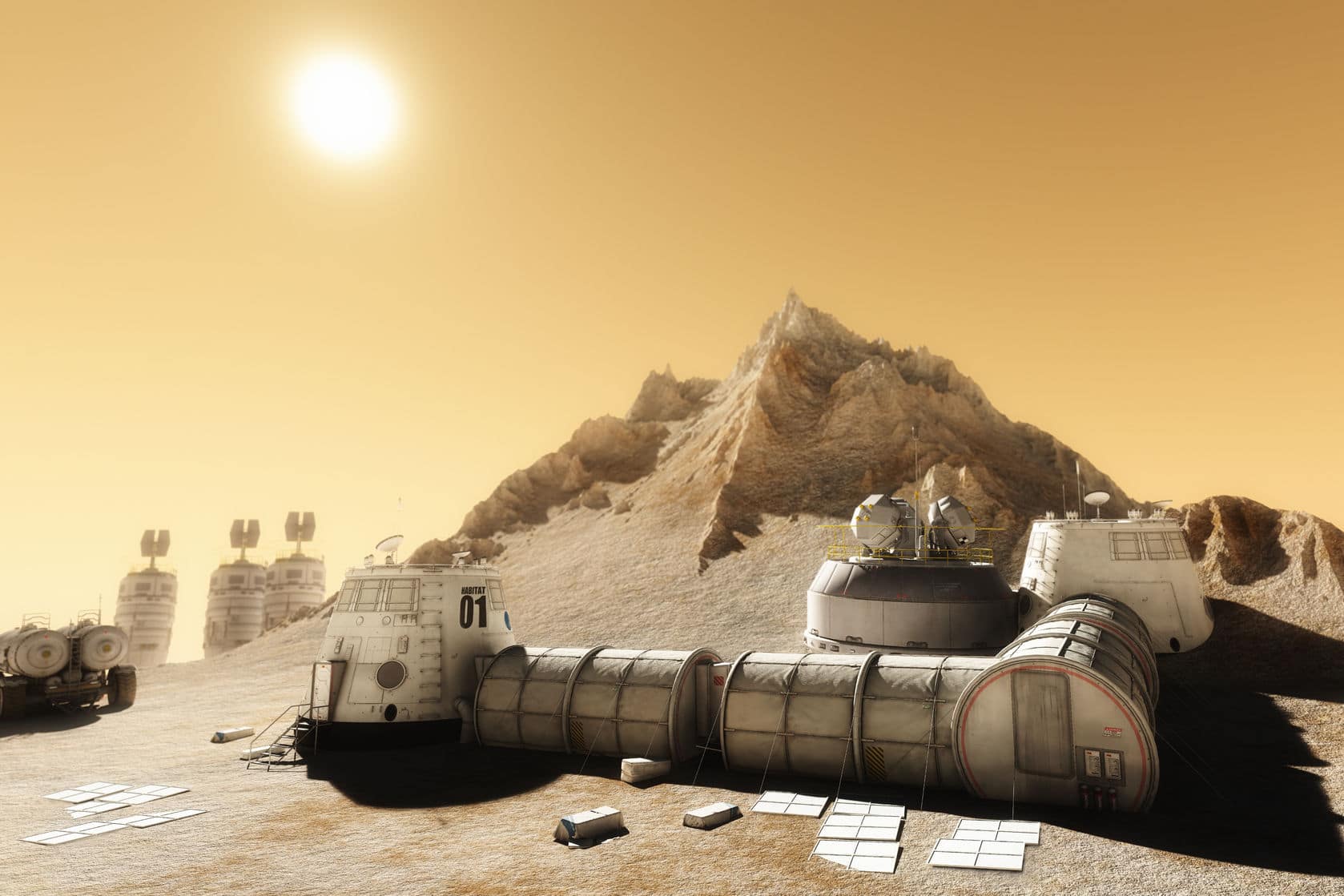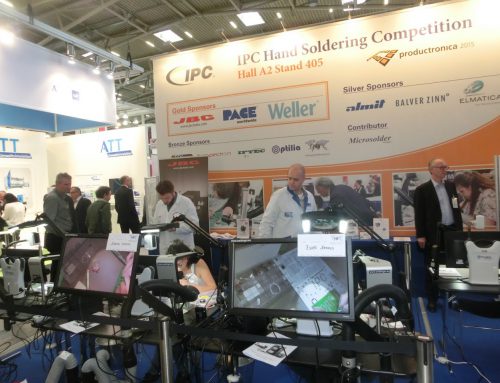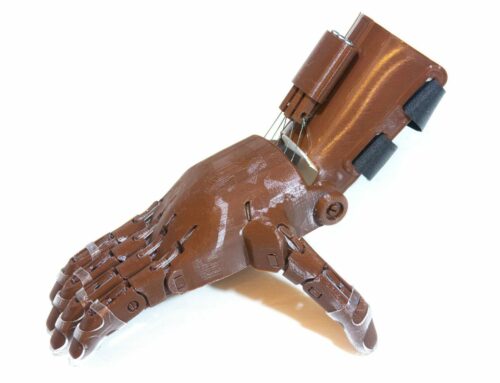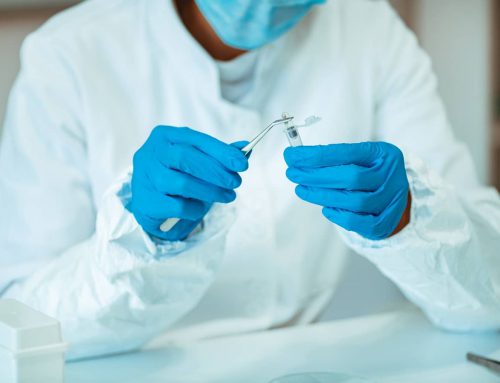On 31 July 2018, the distance from the Earth to Mars is only 57 million kilometers. On that day the distance between the two planets will be smaller than ever. And on that day Elon Musk wants to send a Dragon-2 capsule to Mars, just as in the 26 months following that day. The Dragon-2 capsules are provisioning capsules. The idea is to grow plants on Mars to create oxygen. Robots will build a greenhouse and will look after the plants. This is meant to pave the way for the colonization of Mars.
In 100 years Elon Musk wants to send the interplanetary transport system ITS to Mars with a rocket called the Big Falcon Rocket. This rocket is unlike anything is ever seen before with its 122-metre length and its 51 Raptor engines. On board the spaceship there is room for about 100 people, and the journey will take about five months. The costs of a ticket are currently $10 billion, but in the more distant future, they may drop as low as $200,000. Naturally, Musk
admits that the first flights will be very risky and that the chance of not returning is very real indeed.
Is Musk a dreamer or a visionary? His story sounds fantastic, but not to Boeing, because they actually plan to go to Mars earlier than Musk does. Together with NASA Boeing is building a very powerful rocket suitable for space travel, also to Mars. Boeing sees flying to destinations in space as a commercial market and aims to exploit it to the full.
Musk, however, goes one step beyond. He wants to colonize Mars, which is not Boeing’s plan. Musk thinks that humankind needs to look for alternatives for planet Earth to safeguard its continued existence.
These developments in the near future are going to make high demands on the competencies of people working in the technical connections industry. Rockets able to bridge a 57-kilometre distance have to be of an unparalleled technical sophistication. Quality is all important.






